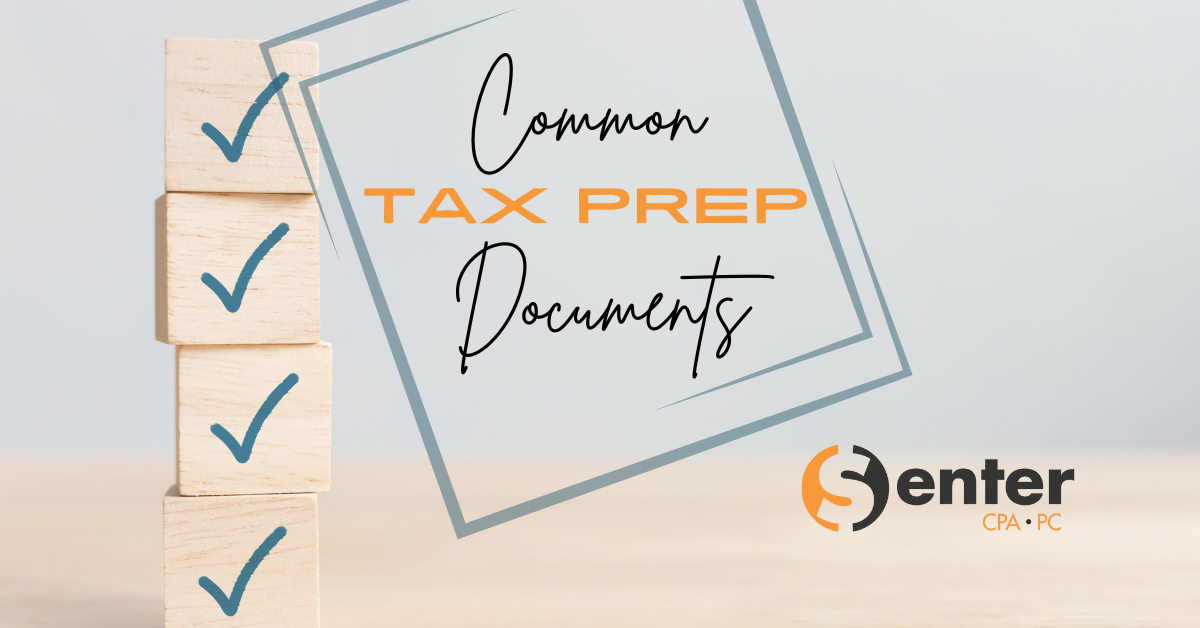Like-kind exchanges are most popularly thought of exchanges of real estate under current law. Exchanging property is also a strategic way to dispose of property tax fee. Under the 2017 Tax Cuts and Jobs Act (TCJA) exchanges of personal property and intangible personal property no longer qualify as tax free exchanges under Internal Revenue Code Section 1031 after December 31, 2017. Machinery, equipment, vehicles, artwork, collectibles, patents and other intellectual property and intangible business assets no longer qualify. Like-kind exchange rules are now limited to real property that is not held primarily for sale. Nonrecognition treatment of like-kind property is mandatory, so a taxpayer wanting to recognize a gain would need to structure the transaction so that it fails to qualify as a like-kind exchange.
Requirements
- The form of the transaction is a sale or exchange
- Both the property transferred, and the property received are held either for productive use in a trade or business or for investment
- The properties transferred and received are like-kind property
What is like-kind property?
Like-kind refers to the nature of character of the property not its grade or quality. Generally real property is of like-kind whether improved or unimproved. This may be broad, and it must be mentioned that one class of property may not be exchanged for a different class. The predominant use of the property will be used to determine if it qualifies for Section 1031 nonrecognition treatment. In addition, domestic property would not qualify as a tax-free exchange if exchanged for foreign property.
Like-Kind Exchange
The transaction must involve a direct exchange of property to qualify as a like-kind exchange. An exchange would occur when one taxpayer conveys property to the same party from whom the taxpayer acquires the property.
Deferred Exchanges
A deferred exchange occurs when the property received is not received immediately upon the transfer of the property given up. To qualify for a deferred exchange the replacement property must be identified within a 45-day identification period and must be transferred before the earlier of 180-days or return due date.
Related Parties
Related party exchanges between related persons (family members, related entities, etc.) are subject to a 2-year holding period. Any gain or loss not originally recognized would be recognized if disposed of within two years except under certain exceptions.
Gain or Loss
- Gain is realized when the fair market value (FMV) of property received exceeds the basis of the property given up. Not reported as taxable income when the transaction qualifies for the mandatory non-recognition rules.
- Gain is recognized and reported as taxable income when the transaction does not qualify for the mandatory non-recognition rules.
Income Tax Reporting
- For transactions that qualify as like-kind exchange Form 8824 must be filed for each exchange
- If gain or loss is recognized it should be reported on Form 4797 or Form 8949
More details can be found on the IRS website HERE. Determining if your transaction qualifies as a tax free like-kind exchange may be difficult and certain details of your situation may be different than those above or need further consideration. We always encourage you to seek professional help in regard to your personal situation. If you have any questions regarding like-kind exchanges or need any help calculating realized or recognized gains or losses, please reach out to us HERE . We can help!














